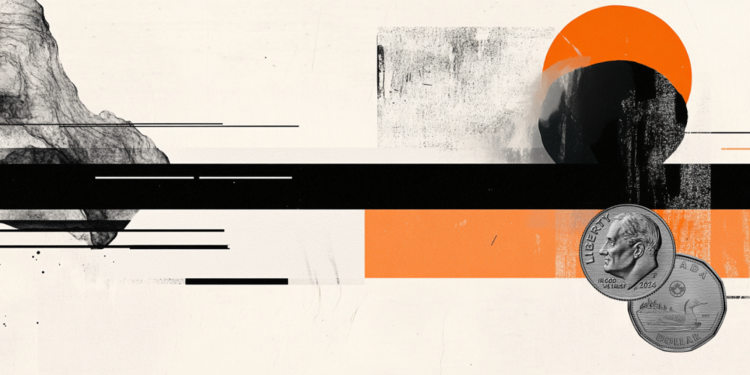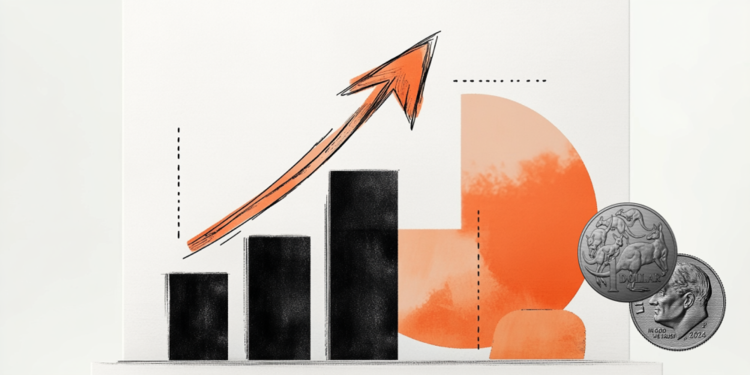Brazil ranked 94th out of 180 countries in the world ranking of the Corruption Perception Index (CPI) 2022, which measures how the integrity of the public sector is seen internationally and released by Transparency International this Tuesday (31).
The country appears stagnant at 38 points on a scale of zero to 100 – where zero means “highly corrupt” and 100 means “very upright” – for the third consecutive year, moving from 96th to 94th position, as other countries worsened their grades.
Argentina, Ethiopia, Morocco and Tanzania received the same score as Brazil in the index.
Denmark ranks first, with 90 points, followed by Finland and New Zealand, both with 87 points.
The worst performing countries are Somalia, in last place with 12 points, and Syria, in second last place with 13 points.
The 38 points achieved by Brazil in 2022 place the country below the global average (43 points), the regional average for Latin America and the Caribbean (43 points), the average for the Brics (39 points) and far from the average for the G20 countries ( 53 points) and the Organization for Economic Co-operation and Development (OECD) (66 points).
In the last 10 years, Brazil fell 25 positions in the IPC, going from 69th to 94th place, having the worst evaluation recorded in 2018 and 2019, with 35 points, and the second worst performance in 2017, with 37 points:
- 2012: 43 points
- 2013: 42 points
- 2014: 43 points
- 2015: 38 points
- 2016: 40 points
- 2017: 37 points
- 2018 and 2019: 35 points
- 2020, 2021 and 2022: 38 points
The analysis states that it is a “lost decade” for the fight against corruption in Brazil.
“This result is a direct reflection of the dismantling of the anti-corruption legal and institutional frameworks and the transparency policies that Brazil took decades to build. Together with this, an unprecedented process of degradation of the democratic regime”, says the organization.
The IPC has been prepared since 1995 and takes into account 13 surveys and expert assessments produced by internationally renowned institutions. In Brazil, data from the federal government, the National Congress, the Judiciary and the Public Ministry were used.
(*With information from Layane Serrano, from CNN )
Source: CNN Brasil
I’m James Harper, a highly experienced and accomplished news writer for World Stock Market. I have been writing in the Politics section of the website for over five years, providing readers with up-to-date and insightful information about current events in politics. My work is widely read and respected by many industry professionals as well as laymen.







